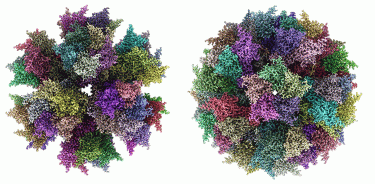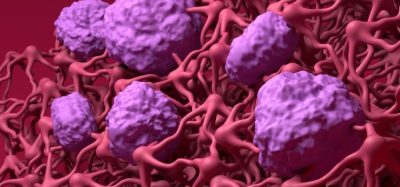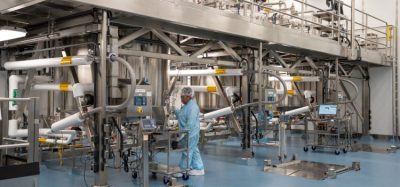Thermally stable chikungunya vaccine developed by researchers
Posted: 26 September 2019 | Victoria Rees (European Pharmaceutical Review) | No comments yet
Researchers have developed a chikungunya vaccine that can be stored at warm temperatures and manufactured quickly, which has been validated in animal models.


A thermally stable vaccine for the chikungunya virus has been developed by researchers, which can be stored without the need for refrigeration.
The drug was created by researchers from the University of Bristol, UK, the French National Centre for Scientific Research (CNRS), France and technology company Oracle.
Our vaccine candidate is easy to manufacture, extremely stable and elicits a powerful immune response”
“We were working with a protein that forms a multimeric particle resembling a virus but is completely safe, because it has no genetic material inside,” said Pascal Fender, expert virologist at CNRS. “Completely by chance, we discovered that this particle was incredibly stable even after months, without refrigeration.”
Using cryo-electron microscopy, the researchers validated the design of their molecule, which has a flexible, exposed surface. The vaccine was made with a synthetic protein scaffold.


ADDomer: Two views seen from a different angle of synthetic multiepitope display scaffold for next generation vaccines (credit: University of Bristol).
The team also developed a computational approach to create an accurate digital model of the synthetic vaccine. University of Bristol IT specialist Christopher Woods explained: “We were able to process the large data sets obtained by the microscope on the cloud in a fraction of the time and at much lower cost than previously thought possible.”
In animal models, the researchers confirmed that their vaccine formulation has the potential to combat the chikungunya virus.
“We were thoroughly delighted,” said Imre Berger, Director of the Max Planck-Bristol Centre for Minimal Biology in Bristol. “Viruses are waiting to strike, and we need to have the tools ready to tackle this global threat. Our vaccine candidate is easy to manufacture, extremely stable and elicits a powerful immune response. It can be stored and transported without refrigeration to countries and patients where it is most needed. Intriguingly, we can now rapidly engineer similar vaccines to combat many other infectious diseases just as well.”
The findings were published in Science Advances.
Related topics
Drug Delivery Systems, Drug Development, Formulation, Research & Development (R&D), Vaccine Technology, Vaccines
Related organisations
French National Centre for Scientific Research (CNRS), Oracle, University of Bristol









